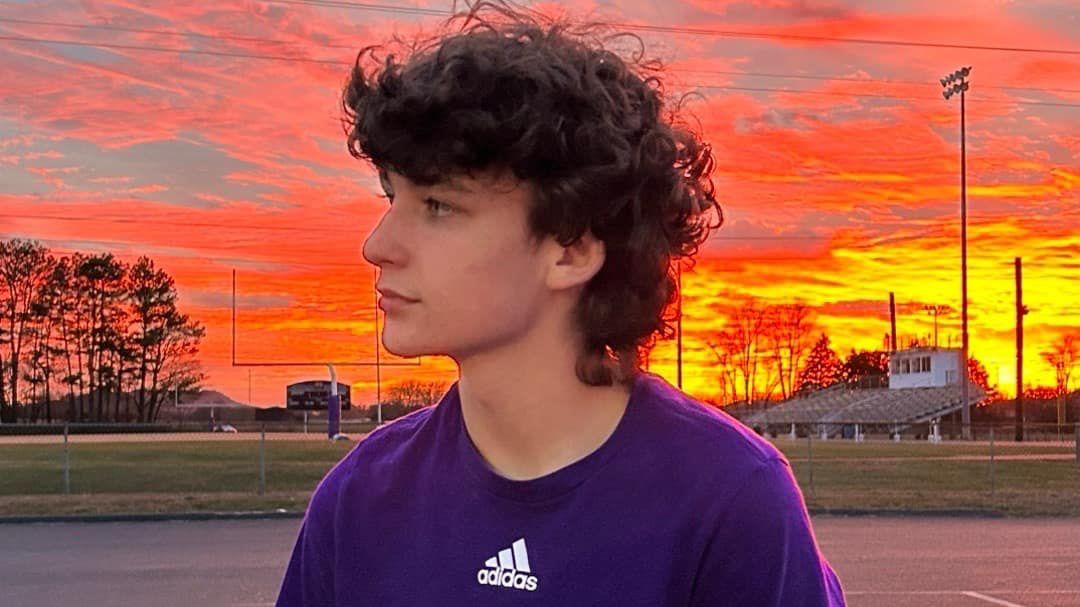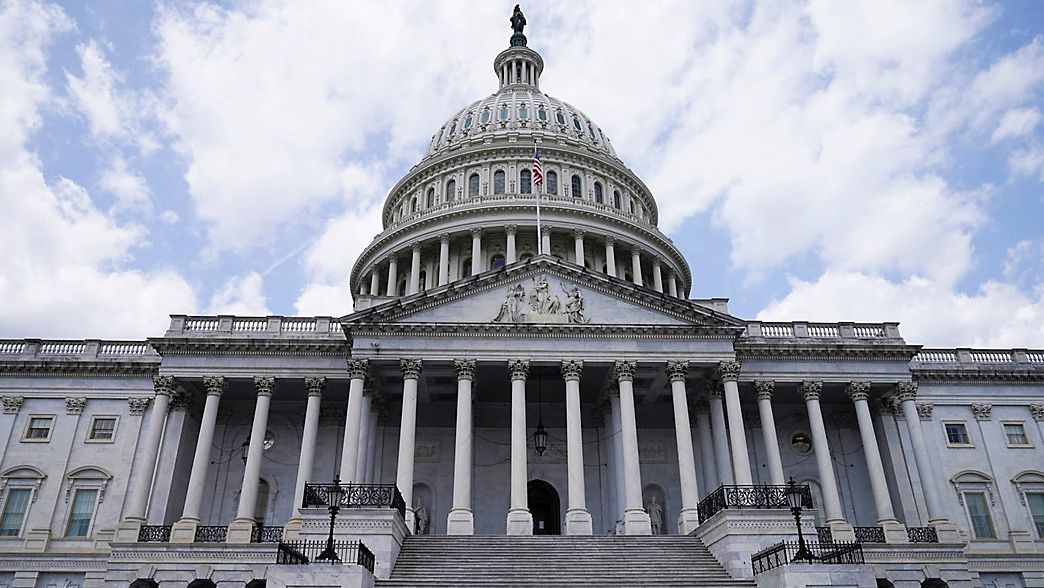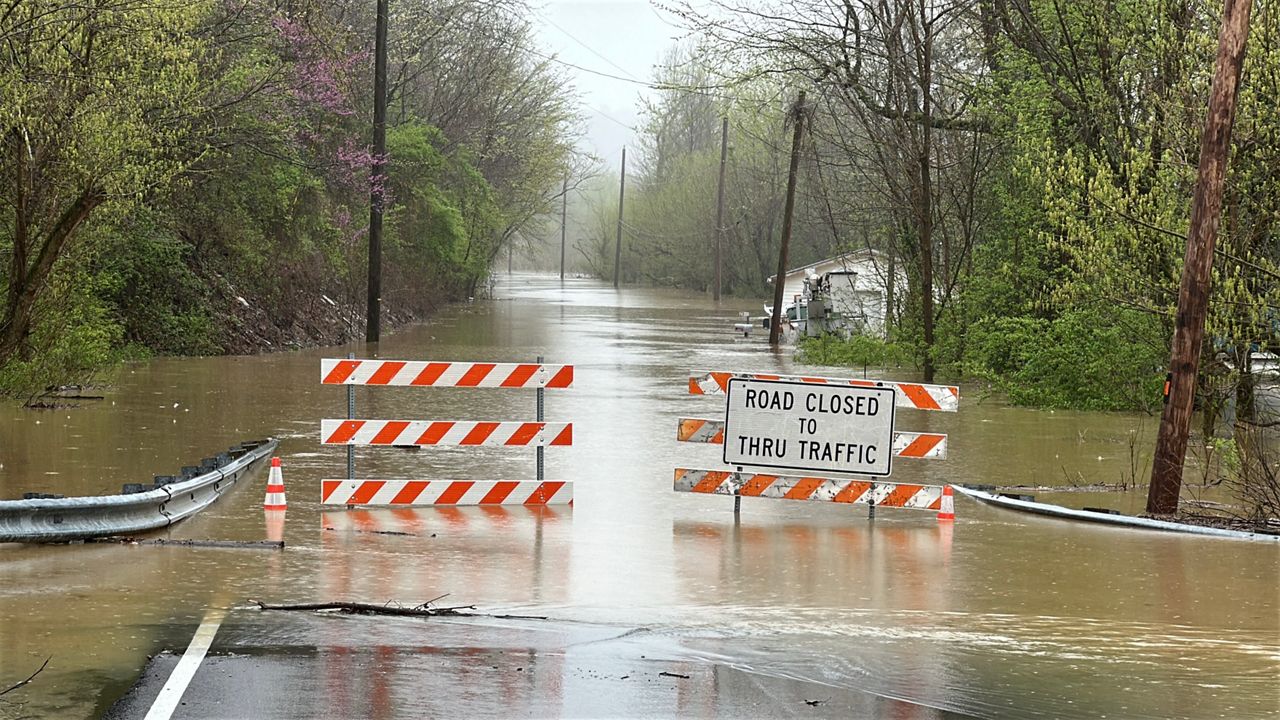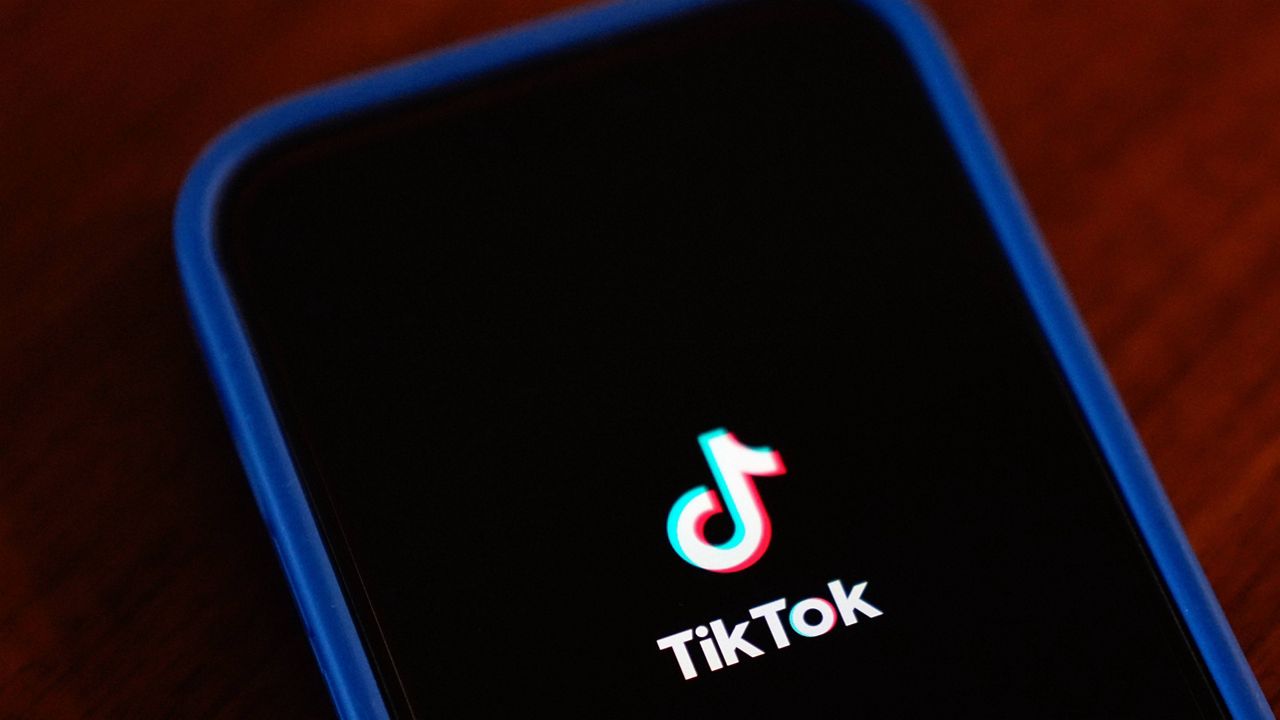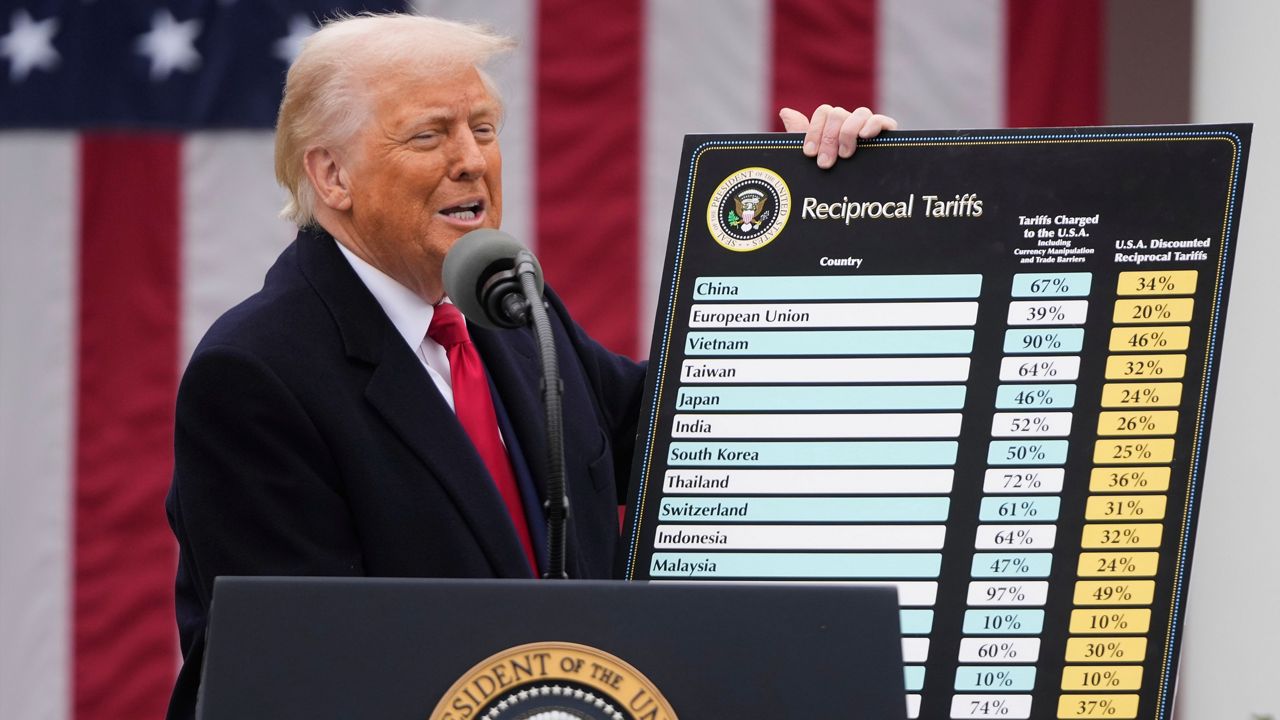LEXINGTON, Ky. — Addressing mental health concerns when responding to 911 calls, that’s the goal of a newly formed crisis co-response team in Lexington.
This team is composed of a mental health professional and 45 police officers who have taken additional training in responding to mental health emergencies. The goal is connecting anyone who dials 911 while in a mental health crisis with resources in the community more efficiently.
He’s not a police officer, but Chris Perrine will respond directly to mental health calls alongside Lexington Police officers.
“I think it’s just really being a human and not having the badge and not having the uniform and going in plain clothes and just providing somebody an individual to talk to and just kind of listen to them and hear them out in what they’re going through,” Perrine said.
An $850,000 grant from Kentucky’s Medicaid services department allowed the city to hire Perrine and provide overtime pay to the officers volunteering to work extra hours as part of the crisis co-response team.
“So, I’ll be assigned an officer, and we will go and take any of the mental health or behavioral health calls within the city and my main goal is to deescalate and then encourage the residents to either self-present to a hospital and provide them and connect them with resources through our community paramedicine team,” Perrine said.
The crisis response team is slated to work weekdays, when most calls occur. According to the mayor’s office, Lexington sees about 3,000 mental health related calls a year.
“I mean looking for opportunities for that pathway of what is the true understanding, underlying issue that they’re having that has brought them to a mental health crisis; jail more than likely is not going to be the solvability factor that we’re looking for,” said Assistant Police Chief Brian Maynard.
Maynard said this allows an expansion of services beyond what the police department can offer during a mental health crisis.
“This is a true pilot program is let’s see what good we’re able to offer through this and if we see the results, we think we’re going to see, then look for expansion down the road,” Maynard said.
For Perrine, it’s a family tradition of caring for others during a dark time of their life.
“My grandma was a psychiatric nurse in Pennsylvania and all through my upbringing she taught me the values of helping people and always thinking the best of people,” Perrine said.
All Lexington police offers must take at least 40 hours of crisis training before joining the force.
The grant was for three years and was a collaborative effort between the Lexington Police and Lexington Fire Departments.
Louisville has a similar program which started two years ago. In July, that program in the river city expanded to 24 hours a day, seven days a week.







